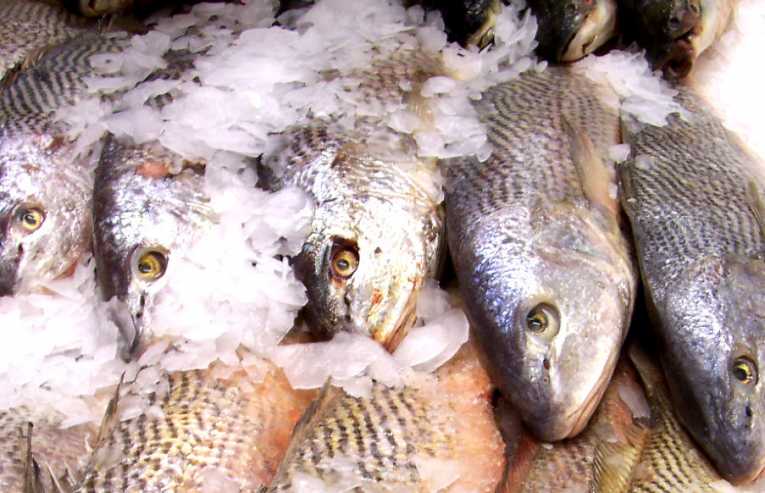Since the Common Fisheries Policy (CFP) came into effect to regulate the fishing industry across European Union states back in 1970, it has been widely criticised for failing to keep stocks healthy and to protect livelihoods. Indeed, far from helping sustain stocks, it has been charged with being responsible for an ongoing decline in fish numbers, thanks largely to the stringent quotas in place dictating how many of what type of fish member states are allowed to catch.
Fortunately, environmentalists and a significant proportion of the bloc's fishing industry argue, the CFP is set to come to an end in 2012, meaning that the next year represents the ideal chance to draw up new legislation geared towards not only protecting fishing jobs, but also boosting sustainability and improving the health of the seas and oceans.
In particular, reformists are keen to see the controversial issue of fish quotas addressed by lawmakers over the next few months. Described by the Scottish Fisheries Secretary Richard Lochead as a 'scandal' - a sentiment echoed by his counterparts across the EU - the current regulations see thousands of tonnes of dead fish being thrown back into the sea each year. It is currently estimated that around half of all the fish caught in the North Sea, for example, eventually end up being dumped this way as a result of the Scottish industry going over its annual limit. Not only does this end up harming the wages of hard-working fishermen, but it is also strongly at odds with the CFP's idea of the profession serving as the 'stewards of the seas', it is argued.
With this in mind, the WWF has teamed up with the Industry Alliance for CFP Reform, whose supporters include the likes of the British Retail Consortium, Marks and Spencer and Birds Eye Igloo, to pressure Europe's lawmakers to pave the way for a more-flexible central policy, with this likely to enable fisherman to enjoy greater control over what they catch and land and thereby significantly reduce the problem of discards.
Commenting to the Earth Times, WWF Scotland noted: "The European Common Fisheries Policy - WWF will continue to build alliances with stakeholders during 2011 to ensure an ambitious reform of the Common Fisheries Policy in 2012. This is a once in a decade opportunity to transform the way we currently manage our fisheries. Successful reform will help deliver healthier oceans, abundant fish stocks and a sustainable livelihood for the fishing industry and communities."
On a positive note, 2011 may also be the point at which British consumers start to wake up ton the importance of sustainability in the fishing industry. Thanks to the efforts of celebrity chefs such as Jamie Oliver and, above all, Hugh Fearnley-Whittingstall, sales of free range eggs and humanely and organically-produced meat have soared over the past couple of years, proving that consumers are not solely driven by their wallets. Now, 'Hugh's Fish Fight' has seen the latter of the pair launch a new campaign aimed at raising public awareness of the environmental impact of unsustainable seafood, including the problem of discard that is being driven by the CFP.
Given that the fishing industry is far less visible than, say, the beef farming industry, while many consumers may feel less sympathy for the flight of a fish than for that of a pig, it remains to be seen whether this latest campaign will capture the public's imagination in quite the same way that the push for stocking supermarket shelves with free-range eggs or organic poultry has. However, the signs are already encouraging, with supermarket giant Tesco having pledged to move towards stocking only pole or line-caught fish. Even if the sustainable fish campaign enjoys only a fraction of the success of the earlier initiative, with pressure coming from everyday consumers below and politicians and global campaigning groups on high, it seems a safe bet that 2011 will represent a watershed year for Europe's seas and the fish that live in them.










